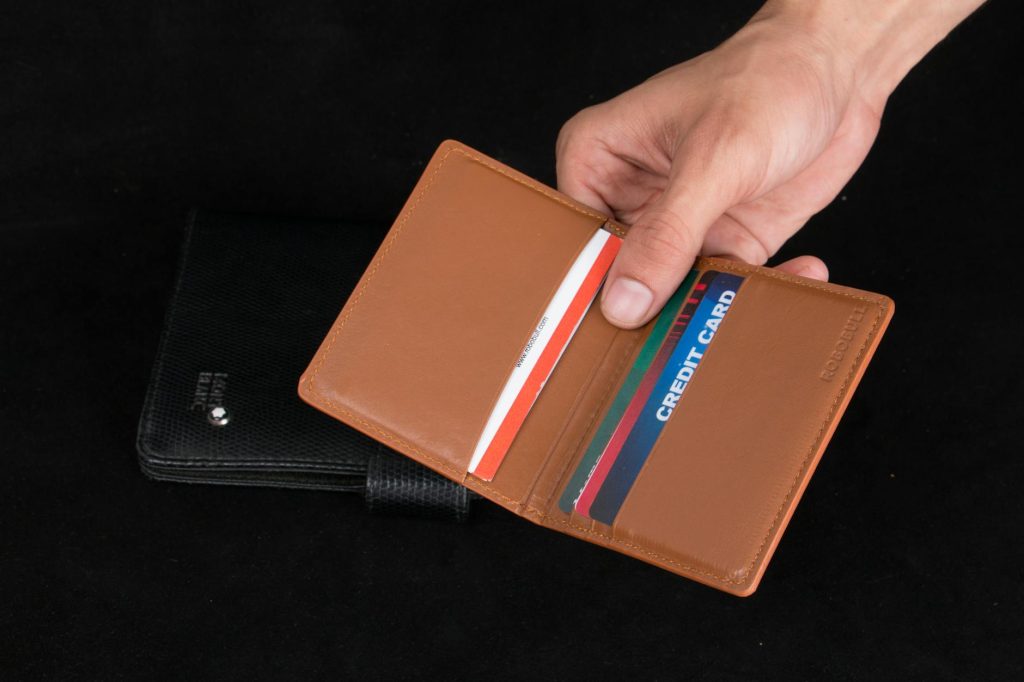
Image source: pexels.com
Credit cards can be powerful tools for building your credit, earning rewards, and managing cash flow. But is it possible to have too much of a good thing? Many people wonder if owning too many credit cards could actually hurt their credit score. This is a valid concern, especially if you’re juggling multiple accounts and trying to keep your finances in check. Understanding how your credit score works and the impact of multiple cards is essential for making smart financial decisions. Let’s break down the real effects of having too many credit cards and what you should watch out for.
1. How Credit Card Accounts Affect Your Credit Score
Your credit score is based on several factors, and the number of credit cards you own is just one piece of the puzzle. Opening more cards can increase your available credit, which might help your score by lowering your credit utilization ratio. However, every new account adds a hard inquiry to your credit report and shortens your average account age. Both of these changes can cause a temporary dip in your credit score.
If you open several cards in a short period, lenders may see you as a bigger risk. They might worry you’re planning to take on a lot of debt quickly. So, while having more than one card isn’t automatically bad, applying for too many at once can hurt your score in the short term.
2. The Impact of Credit Utilization
Credit utilization—the percentage of your available credit that you’re using—is a key factor in your credit score. If you have several cards and keep balances low, your overall utilization rate will be lower, which is good for your score. But if you’re tempted to spend more because you have more credit available, you could end up with higher balances and higher utilization. That can drag your score down.
If you’re managing multiple cards, track your balances closely. Even a few high balances can outweigh the benefits of extra available credit, especially if you let balances carry over month to month.
3. Managing Multiple Payments and Due Dates
Owning too many credit cards means more bills to pay and more due dates to remember. Missing even one payment can have a significant negative impact on your credit score. Payment history is the single biggest factor in most credit scoring models. If juggling multiple cards leads to late payments, your score will suffer.
To avoid this, set up automatic payments or reminders for each card. Organization is key if you want to reap the benefits of multiple cards without risking your credit.
4. The Effect on Credit Age
Another important factor in your credit score is the average age of your credit accounts. When you open a new credit card, it lowers your average account age. If you open several cards within a short timeframe, your average account age drops significantly. This can bring your score down, especially if you don’t have many older accounts to balance things out.
On the flip side, closing older cards can also hurt your credit age and reduce your available credit. So, if you’re trying to optimize your score, it’s usually better to keep older accounts open, even if you don’t use them often.
5. Hard Inquiries and Their Lasting Impact
Each time you apply for a new credit card, the issuer does a hard inquiry on your credit report. A few hard inquiries aren’t a big deal, but several in a short period can lower your score and make you look risky to lenders. These inquiries stay on your credit report for up to two years, though their impact fades over time.
If you’re shopping around for the best card, try to keep your applications within a focused period. Some credit scoring models treat multiple inquiries for the same type of credit as a single inquiry if they’re close together. But spreading out applications over months can keep your score from taking a big hit all at once.
6. Temptation to Overspend
Having many credit cards can make it easier to spend beyond your means. The more cards you have, the more credit is available to you, and the easier it is to rack up balances. High balances not only hurt your credit utilization but can also lead to debt you can’t easily pay off.
If you know you’re prone to overspending, limit the number of cards you open. Focus on using a few cards responsibly rather than juggling many and risking financial strain.
Smart Strategies for Managing Multiple Credit Cards
So, could owning too many credit cards destroy your score? It’s not the number of cards alone that matters, but how you manage them. If you’re organized, pay on time, and keep balances low, having several cards can actually help your credit score by increasing your available credit and lowering utilization.
However, if multiple cards lead to missed payments, high balances, or too many recent applications, your credit score could take a hit. The key is to be honest with yourself about your habits and only open new cards if you’re confident you can manage them well.
How many credit cards do you think is too many, and how do you manage yours? Share your thoughts in the comments below!
What to Read Next…
- 5 Things That Instantly Decrease Your Credit Score By 50 Points
- The Benefits Of Taking Personal Loans And Their Impact On Credit Scores
- 7 Credit Card Features Disappearing Without Any Notice
- Why Are More Seniors Ditching Their Credit Cards Completely?
- 6 Credit Card Perks That Come With Under The Radar Stringent Conditions

Travis Campbell is a digital marketer/developer with over 10 years of experience and a writer for over 6 years. He holds a degree in E-commerce and likes to share life advice he’s learned over the years. Travis loves spending time on the golf course or at the gym when he’s not working.
Leave a Reply